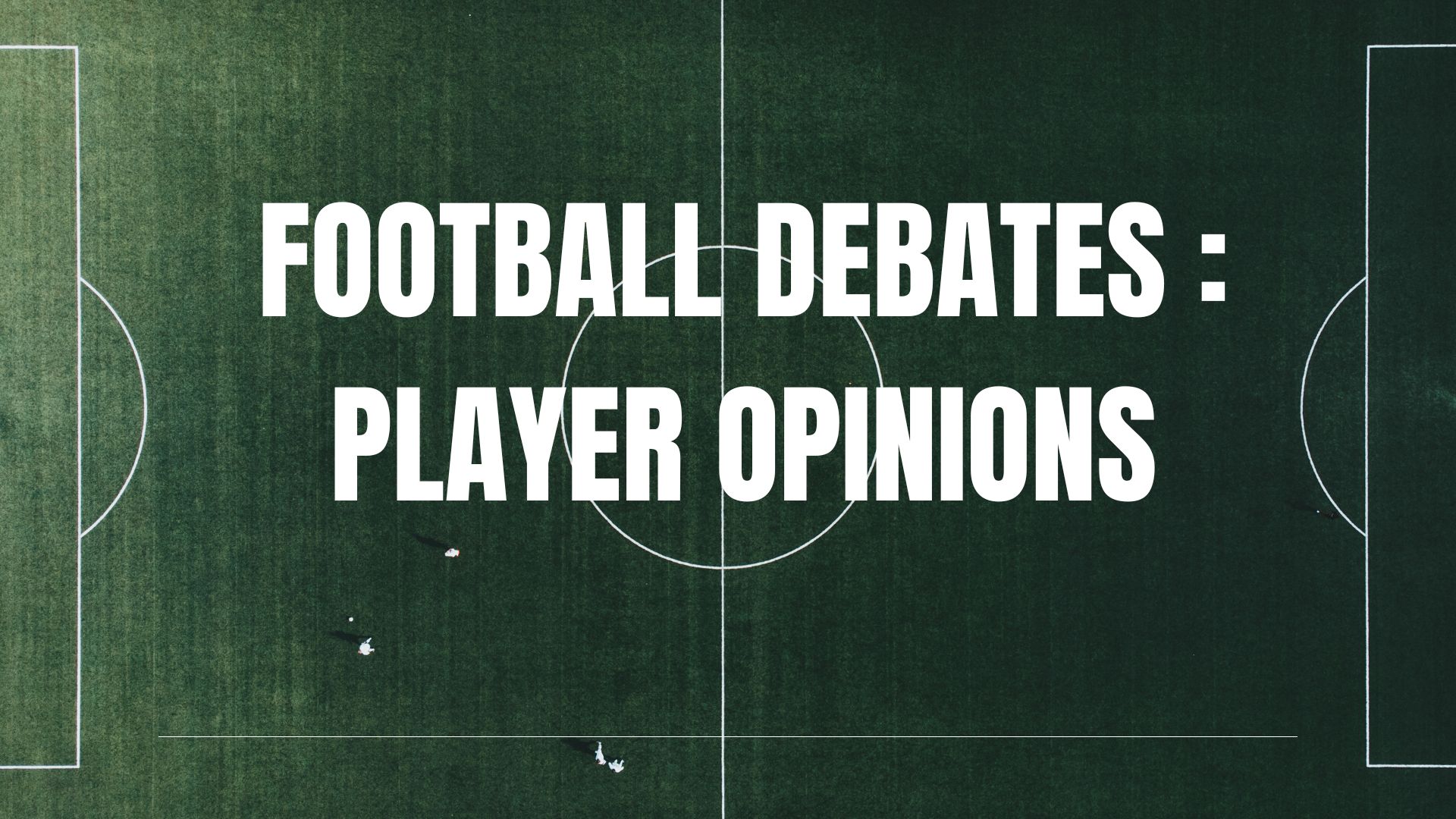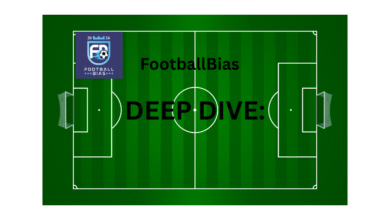
In football debates, there is often a clash between the opinions of those who have played the game professionally and the views of fans, journalists, or analysts. Questions such as who is the greatest of all time, which league is the most competitive, or how difficult a manager’s tactical system truly is often generate passionate arguments. In these debates, the perspectives of current and former players are frequently treated as authoritative because they have experienced the pressures, intensity, and nuances of top-level football firsthand.
But should having worn the jersey automatically make a player’s opinion more valuable than external analysis? While players bring invaluable insight about the technical, physical, and psychological dimensions of the game, their perspectives are not without bias. Proximity to teammates, rivals, or specific managers, as well as a focus on their own positions or era, can distort judgment. The core argument of this essay is that player opinions should inform football debates but not dictate them. They offer context, depth, and lived experience, yet they must be balanced with statistical evidence, tactical analysis, and a broader view of the modern game.
Players possess an understanding of football that cannot be fully captured by statistics or broadcast analysis. On a technical level, they know the speed of the ball, the timing of a tackle, or the physical strain of repeated high-intensity runs. On a psychological level, they understand how players respond to pressure, criticism, or pivotal moments in a match, insights that can only come from personal experience. For example, a professional who has faced both Lionel Messi and Cristiano Ronaldo in their prime can provide an understanding of their unique qualities that goes beyond mere goals or assists, offering a perspective that no spreadsheet can replicate.
Beyond individual performance, players also bring insight into team dynamics. They can assess the influence of a manager on training methods, the cohesion of a squad, or the mental resilience required to succeed at the highest level. This expertise extends to understanding how man management and leadership shape results, something spectators or analysts rarely see firsthand. When players speak on these topics, they are often providing context that adds nuance to debates that might otherwise rely solely on statistics or media narratives.
In short, player opinions matter because they ground abstract debates in lived experience. They explain the “how” and the “why” behind performance, leadership, and pressure, enriching the conversation in ways only insiders can.
While player insight is valuable, it comes with clear limitations. One major issue is proximity bias. Players are naturally influenced by loyalty to former teammates, national compatriots, or managers they respect. This can lead to skewed opinions, where personal relationships overshadow objective judgment. A player may praise a former teammate or protect a manager from criticism, even if analysis suggests otherwise.
Another limitation is tactical myopia. Players often view the game through the lens of their own position, role, or era. Retired players may compare modern tactics to those of their playing days, underestimating the speed, fitness levels, and tactical complexity of the current game. Even current players can focus narrowly on the aspects of football they experience directly, missing the bigger picture that analysts see when studying formations, systems, and trends across multiple teams.
The rise of media and social amplification has also affected the influence of player opinions. Former and current players often appear as pundits or commentators, where simplified or sensationalized statements gain disproportionate attention. Social media can magnify a single quote, giving it the impression of universal authority, even when it reflects only one individual’s perspective.
Finally, the modern era of specialization in analysis means that not every player is equipped to assess every aspect of the game. Punditry often favors controversy or entertainment over nuanced insight, which can make player opinions feel definitive when they are sometimes incomplete or context-dependent.
Player perspectives should be treated as contextual evidence, not the final word. Analysts and journalists can use player opinions to enrich debates, highlight psychological or physical nuances, and explain behaviors that numbers alone cannot capture. For instance, when multiple players from different teams praise the same manager’s influence, as with Klopp or Ferguson, it adds credibility to qualitative assessments of leadership and man management.
It is also important to establish a debate hierarchy. Player opinions carry the most weight in areas like physicality, mental resilience, and locker-room dynamics, where lived experience directly informs judgment. In contrast, debates about tactical efficiency, market value, or statistical performance are better guided by data and comparative analysis. By clearly defining where player insight is most relevant, analysts can prevent bias from dominating the discussion.
Finally, weighting consensus matters. Opinions confirmed by multiple independent sources, for example, rivals or players from different eras, are more reliable than isolated statements from former teammates or friends. This method ensures that player insight informs debates responsibly, enhancing the conversation without allowing it to become just a bunch of subjective opinions or beliefs.
Player opinions are a vital part of football discourse, offering first-hand insight into the technical, psychological, and leadership aspects of the game. Yet their perspective tends to be shaped by bias, positional focus, and era-specific experience, meaning it cannot stand alone. The most rigorous debates combine these insider perspectives with statistical analysis, tactical evaluation, and a broad understanding of modern football. Ultimately, player voices should start the conversation, providing context and depth, while evidence and analysis guide the final judgment, ensuring that discussions are both informed and balanced.







